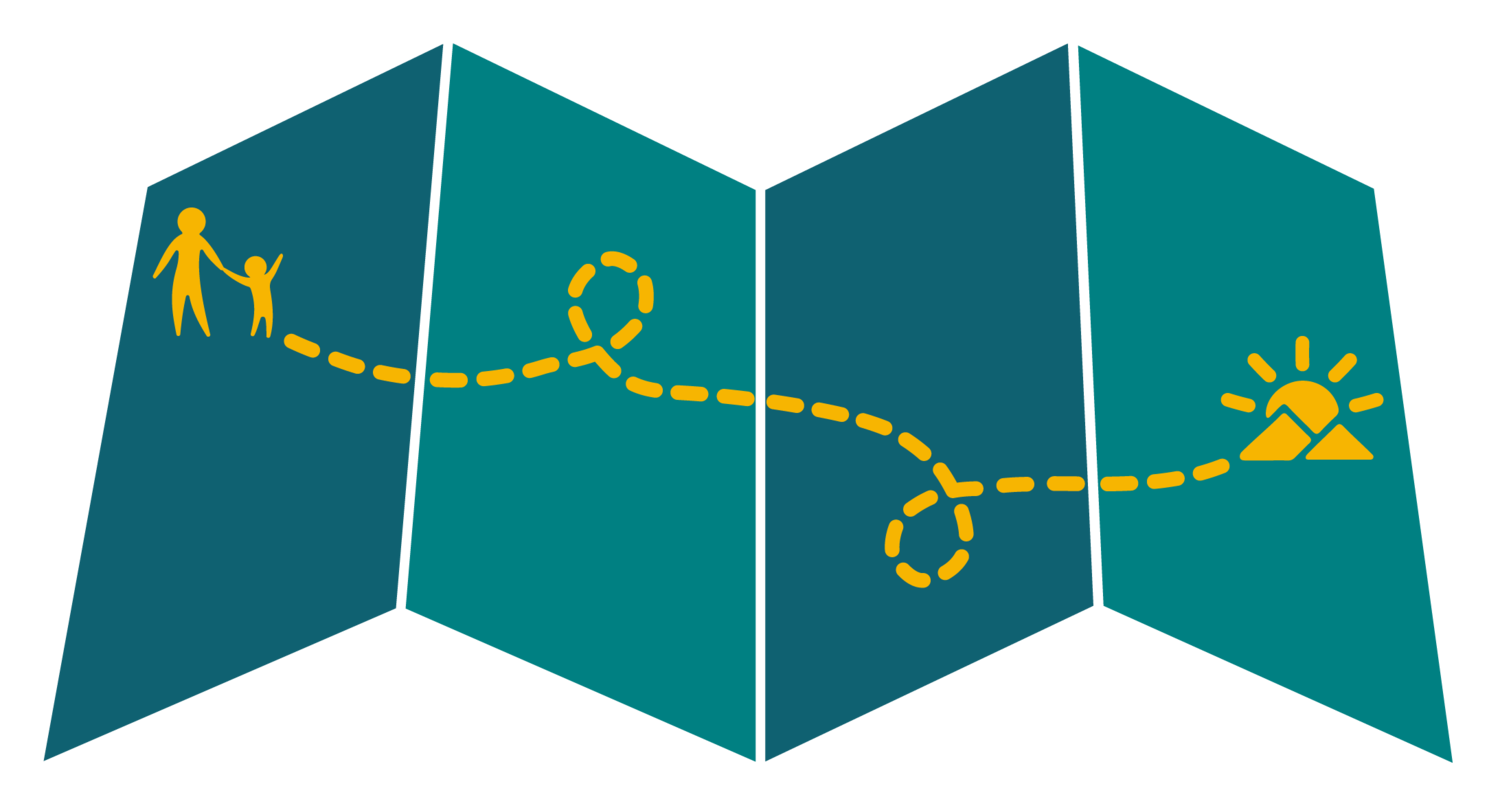Resources for Making Change: Trauma Recovery for Youth Involved in Juvenile Justice
Professionals working in juvenile justice weigh in one last time on why they do this work, what trauma informed interventions have worked well, and what comes next. CTRJJ Co-Director Keith Cruise explains how we can support juvenile justice professionals who are trying to make change.
Related Resources
Mental Health Providers & Juvenile Justice Resource Guide | CTRJJ
The National Child Traumatic Stress Network
Trauma-Informed Juvenile Court Self-Assessment (TI-JCSA) | NCTSN
Resources for Trauma-Informed Juvenile Justice (Webinar) | CTRJJ
Science and Services Spotlights (Infographics) | CTRJJ
Sign up for the CTRJJ Email Newsletter
Subscribe to CTRJJ’s YouTube Channel
Follow CTRJJ on LinkedIn
Message CTRJJ for more information on the following models and trainings:
Think Trauma Curriculum (curriculum training on awareness and knowledge of trauma)
Trauma Affect Regulation: A Guide for Education and Therapy (TARGET/T4/TCARE)
Trauma Grief Components Therapy for Adolescents (TGCT-A)
Trauma-Informed Juvenile Court Self-Assessment (TI-JCSA)
Resilience for Trauma-Informed Professionals (R-TIP: curriculum training on secondary traumatic stress)
Thank you to our guests on this episode:
Dr. Keith Cruise, Dr. Carly Baetz, Professor Kristin Henning, Al Killen-Harvey, David Hopkins, Dr. Kaitlin Sheerin, Randall Farmer, Dr. Monique Khumalo, Abdul Rahmann-Muhammed, and Kim Genis.
Identifying details of youth and their family members are changed to protect privacy. All interviewees provided explicit consent to be recorded and have their voices and stories shared on this podcast and in accompanying resources and marketing materials. A parent or guardian provided additional consent for interviewees under 18 years old.
Revisit Key Moments from the Podcast
Watch highlight clips from Roadmap for Change interviews including conversations with youth in detention and on probation, families, and colleagues in the field.
All videos are publicly available on our YouTube channel and can be used freely in your classroom, workshops, and professional development training.
Whether you're a lawyer, judge, mental health professional, probation officer, researcher, or policymaker, Roadmap for Change offers inspiration, evidence, and guidance for those committed to building a more supportive, restorative system for our youth.
Roadmap for Change is a production of the Center for Trauma Recovery and Juvenile Justice. Funding provided by the Substance Abuse and Mental Health Services Administration, National Child Traumatic Stress Network.


